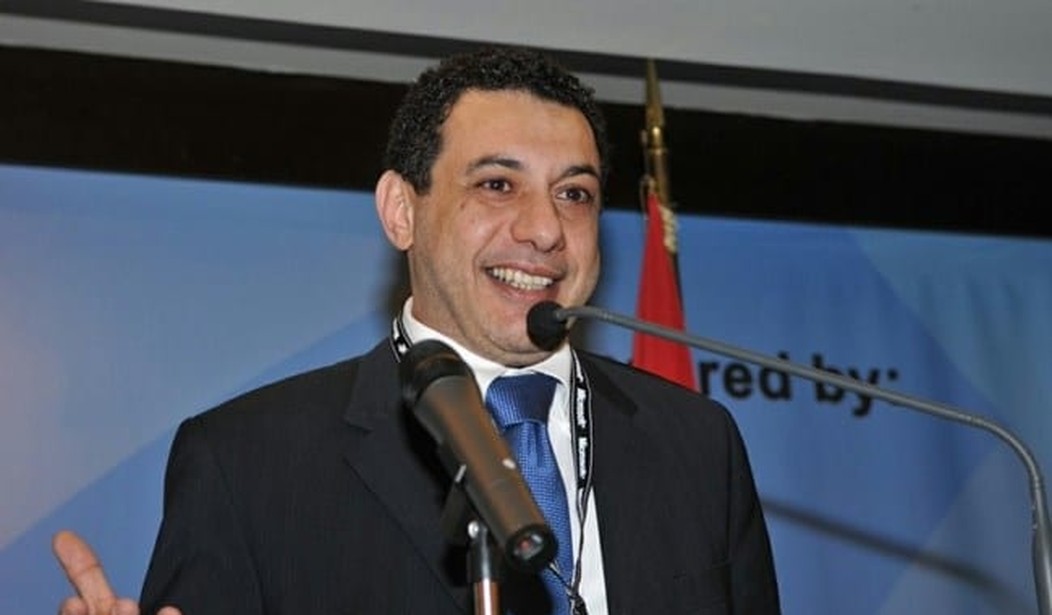An American hostage held by Iran since 2015 is on the 17th day of his seventh hunger strike in Tehran’s notorious Evin prison, and his attorney says “he does not intend to stop.”
Nizar Zakka — already in frail health — was removed from his cell and subjected to torture in December for refusing to capitulate to his captors’ demands. His lawyer, Jason Poblete, said earlier this month that Islamic Revolutionary Guard Corps agents tried to force Zakka to make a video confession for crimes he did not commit, but he refused.
Zakka visited Tehran in September 2015 at the invitation of the Iranian government to speak at a conference on women’s entrepreneurship and employment, and was seized as he tried to catch a return flight to Washington. The State Department even helped fund his trip, according to his colleagues.
He was sentenced to 10 years on espionage charges a year after his arrest, and his family warned months ago that Zakka is in “very bad health.”
Zakka, a Lebanese-American and permanent U.S. resident, is secretary-general of the D.C.-based IJMA3 group, which lobbies for the information and communications technology industry in the Middle East. Zakka earned degrees from the University of Texas after graduating from the Riverside Military Academy in Gainesville, Ga., in 1985. He used to work as a software engineer at contractor Kellogg, Brown & Root in the early ’90s.
Since being invited and kidnapped, Zakka has weathered six protest hunger strikes — including a 33-day hunger strike ending in July 2017 — all while lobbying on behalf of fellow inmates to improve their conditions.
Early this year, an Iranian doctor hired by Zakka’s family said the hostage may have cancer, but Iranian authorities were not allowing necessary diagnostics. Poblete confirmed that Iran authorities have not allowed Zakka access to a doctor in months.
“Mr. Zakka has been languishing in Evin Prison for over three years. He’s stuck between three sovereigns with competing interests; Foreign Minister Zarif said cryptically in 2016, Nizar is a ‘U.S.-Iranian Problem.’ If current and former JCPOA stakeholders can make deals on nuclear matters, even bad deals, then releasing Nizar – a JCPOA hostage – on a humanitarian basis is more than doable,” Poblete told PJM today. “Where is the political will to make it so? He has suffered enough. So has his family. And so have other hostages and families from 11 other nations.”
A current frustration of international legal teams trying to secure the release of Iran hostages — including Americans Bob Levinson, Xiyue Wang, Siamak and Baquer Namazi, Karan Vafadari, Morad Tahbaz, and Robin Shahini — is getting the attention of the White House and other governments with so many competing foreign policy interests. Advocates for the hostages are doing their best to push the fight for their freedom to the top of the list, convinced that this strong political will is the only way these victims will be released.









Join the conversation as a VIP Member